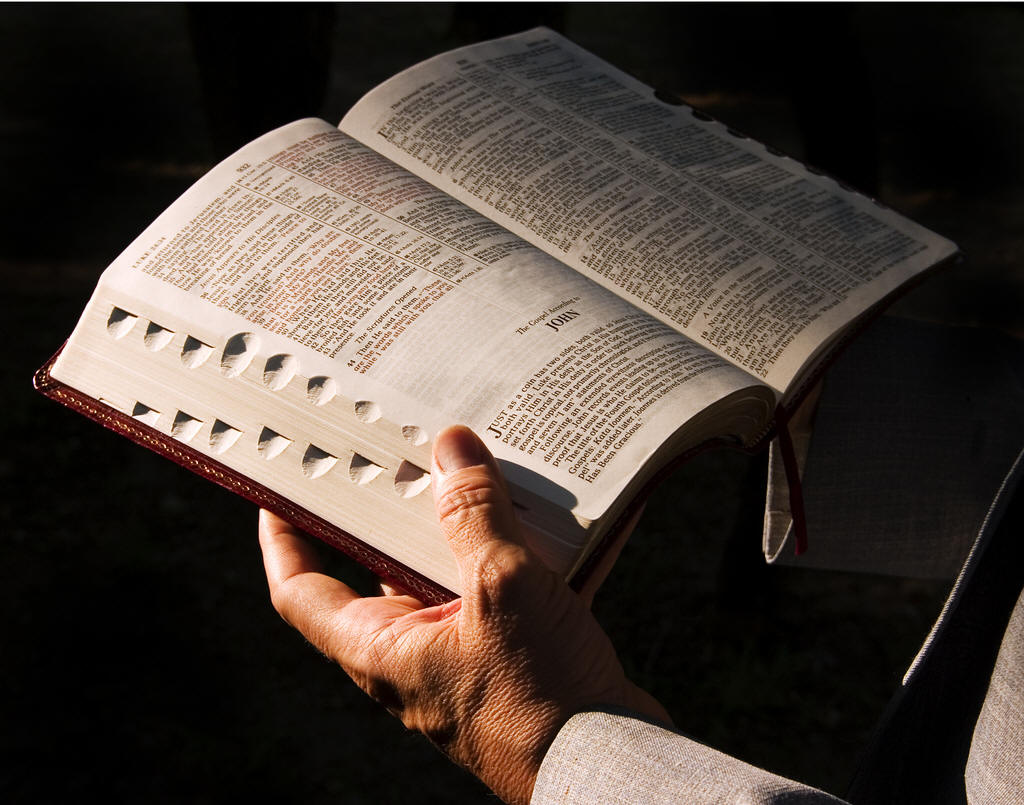Podcast: Play in new window | Download
Subscribe: Email | TuneIn | RSS | More
By: Brian G. Chilton, M.Div., Ph.D. | December 7, 2023
S7E13 Genres of Biblical Literature on YouTube
The following are the seven genres of biblical literature.
-
The Law (2%):
Consists of laws, mandates, and codes. Look for the three kinds of laws in this portion of Scripture–religious laws, national laws, and moral laws. Even within the religious and national laws, a transcendent moral law is found. Look for the moral laws to find an application to your life as a believer in the new covenant of grace.
-
Historical Narrative (43% with the Gospels; 41% without):
Understand the times, culture, background, and personalities. Look for the conflicts and how the conflicts were resolved. Also, look for the theological aspects of the story. How did God interact with the people of the time? What did God do? And what did God say? Read this section as a story.
-
Poetry (33%):
Poetic elements are found throughout the entirety of Scripture. The prophets use poetry extensively. Even Jesus used poetry quite a bit. In fact, the favorite literary device of Jesus appeared to be antithetical parallelisms. Joachim Jeremias wrote the following about the teaching style of Jesus.
In fact, antithetic parallelism occupies a considerable space in the sayings of Jesus. Even if we leave aside antitheses (e.g. Mark 2:17a, 17b; 10:45) and restrict ourselves to cases of antithetic parallelism (though in some cases the differentiation of these two categories could be a matter of dispute), we are led to the conclusion that in the synoptic gospels, antithetic parallelism occurs well over a hundred times in the sayings of Jesus. According to my counting it occurs as follows:
15 Mark: 30 times
Logia common to Matthew and Luke: 34 times
Additional instances in Matthew only: 44 times
Additional instances in Luke only: 30 times1Joachim Jeremias, New Testament Theology, trans. John Bowden (London: SCM Press Ltd, 1971), 14–16.
-
- When studying poetry, it’s important to understand the poetic form, especially with chiasms. For chiasms, the centermost point gives the most important, if not the primary, message of the teaching.
-
Prophecy (c. 15%):
Know the difference between foretelling (predictive prophecy) and forthtelling (preaching against the sins of the people of the time). The prophets were poetic and literary geniuses. Don’t neglect nor forsake the poetic elements of their teaching. Also, consider double fulfillments, such as the one found in Isaiah 7:14.
-
Bibliography/Gospels (2%):
Read each passage in the scope of the entire story. Pay attention to the theological meaning of each story and teaching. Also, consider the primary emphasis of each evangelist. Matthew presented Jesus as the Messiah, Mark presented Jesus as the Son of God, Luke portrayed him as the Son of Man, and John highlighted Jesus’s identity as the Logos, or the Word. Look for key words and themes.
-
Epistles (7%):
Evaluate the reason for why the letter was written. What was the problem at hand? Research the culture and history of the people involved and the intended recipients. Look for important key words. Also, search for creeds and hymns in the texts.
-
Apocalyptic (c. 1%):
This form of literature is found in Revelation, Daniel, and portions of Isaiah and Ezekiel. Read texts of this genre with great humility. Connect the literature with the Old Testament, particularly Daniel and Jesus’s Olivet Discourse in Matthew. Place symbols under the theological microscope to find the deeper meanings of what was written. Likewise, look for divine titles. In my estimation, apocalyptic literature can be very encouraging if one keeps these things in mind.
About the Author/Host of S7E13 Genres of Biblical Literature

Brian G. Chilton is the founder of Bellator Christi Ministries and the co-host of the Bellator Christi Podcast. Dr. Chilton earned a Ph.D. in the Theology and Apologetics at Liberty University with a minor in Church History (with high distinction), a M.Div. in Theology from Liberty University (with high distinction); his B.S. in Religious Studies and Philosophy from Gardner-Webb University (with honors); earned a Certificate in Christian Apologetics from Biola University, and completed Unit 1 of Clinical Pastoral Education at Wake Forest University’s School of Medicine. Dr. Chilton is a member of the Evangelical Theological Society and the Evangelical Philosophical Society. In his spare time, he enjoys reading, working out in his home gym, and watching football. He has served in pastoral ministry for over 20 years and serves as a clinical chaplain.
https://www.amazon.com/Laymans-Manual-Christian-Apologetics-Essentials/dp/1532697104
https://www.amazon.com/Conversations-about-Heaven-Difficult-Questions/dp/1666762687
The Bellator Christi Podcast is available on several podcasting apps, including those listed below. Click subscribe to hear the latest episodes, and take Bellator Christi Podcast with you on the go.
iHeart Radio: https://www.iheart.com/podcast/the-bellator-christi-podcast-46294890/
Google Podcasts: https://podcasts.google.com/feed/aHR0cHM6Ly9iZWxsYXRvcmNocmlzdGkuY29tL2ZlZWQvcG9kY2FzdA
iTunes: https://podcasts.apple.com/us/podcast/the-bellator-christi-podcast/id1192956139
(c) 2023. BellatorChristi.com.
Notes
- 1Joachim Jeremias, New Testament Theology, trans. John Bowden (London: SCM Press Ltd, 1971), 14–16.





